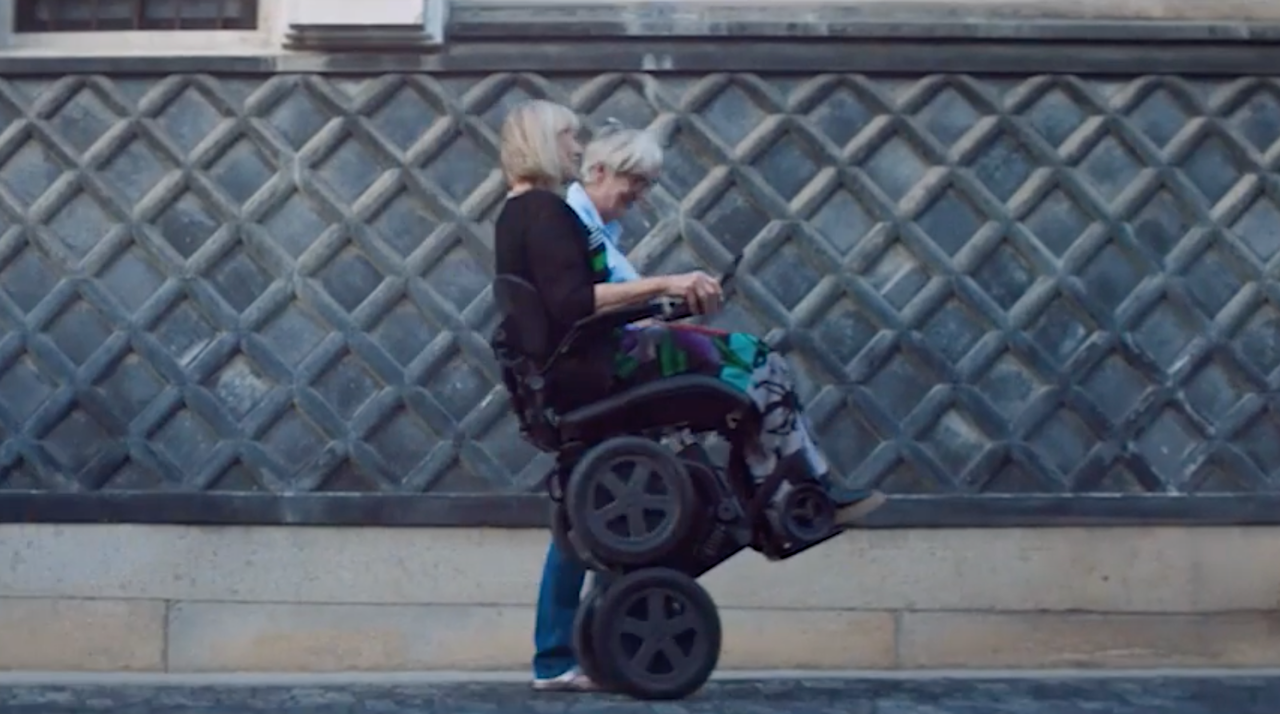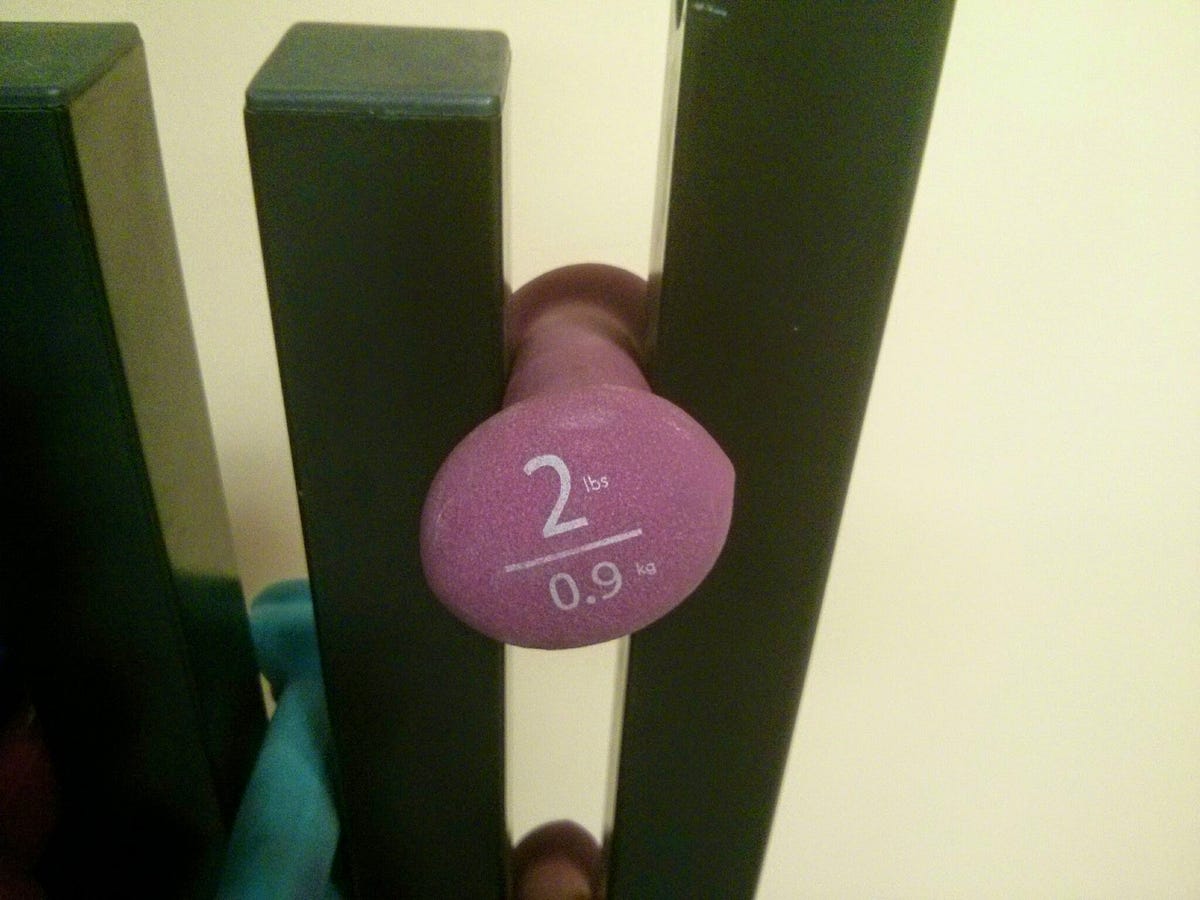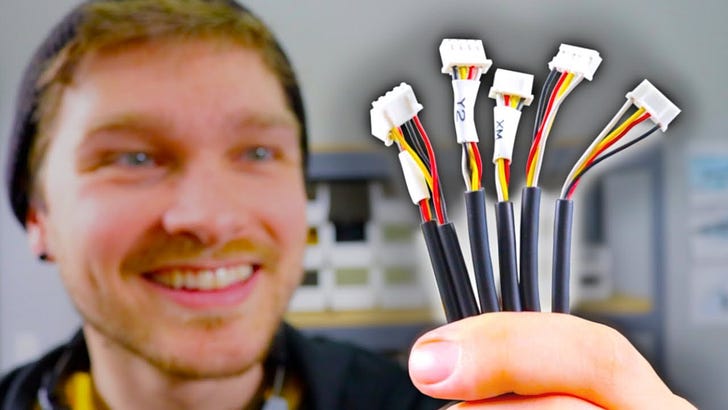
When disability tech is just a marketing exercise
Before Dean Kamen became the guy who invented the Segway, he invented a wheelchair. Although he doesn’t like when you call it that. “It’s NOT a WHEELCHAIR!” he yells. It’s an “autonomous robot carrying a human payload.”
The iBOT, short for The Independence BOT 3000 Mobility System, was a wheelchair. Which, for the record, is not a bad thing. And it was a wheelchair unlike any other: one that could balance on two wheels and climb stairs and go offroading. Kamen’s company DEKA partnered with Johnson & Johnson to start selling the iBOT but by 2009 it was discontinued. Just getting the chair FDA approved cost over $50 million, Kamen said, and most insurance companies wouldn’t cover the $25,000 cost to users. Johnson & Johnson decided it was too expensive to sustain production costs. The device was expensive, imperfect, and hard to get; it couldn’t be fitted with a power chair, which many wheelchairs need to stay stable in the seat, so it was only usable by a small slice of the wheelchair-using population. Kamen's refusal to call the iBOT a wheelchair is indicative of his broader view that disabled people are in need of saving and fixing, and no wheelchair users were involved in the original invention and design. But for some users, it changed their lives. Devotees formed support groups, wrote letters to Medicaid and Dean Kamen himself, and started up a Save the iBOT Facebook page that now has more than 1,200 members. None of it worked. “It saddens me beyond description that J&J no longer makes the ibot,” user Doug Woodward wrote on Facebook.
Then in May of last year, there seemed to be good news for iBOT lovers, many of whom had kept in touch over the years to trade tips on how to keep their aging chairs running. Kamen’s company DEKA had partnered with Toyota, and they announced they were bringing the iBOT back. “This agreement will help DEKA to proceed with plans to complete the development and launch the next generation iBOT motorized wheelchair,” according to the press release. Journalists repeated it: The Verge, TechCrunch, Mashable, Bloomberg, USA Today, and more all reported that with the help of Toyota, the iBOT was coming back. “A Reboot For Wheelchair That Can Stand Up And Climb Stairs,” NPR wrote. And just last week, Toyota released a commercial tied to its Olympics sponsorship titled “Mobility for All,” which showed a glimpse of what appears to be a revamped iBOT going down some stairs.

















/cdn.vox-cdn.com/uploads/chorus_asset/file/25417952/transformers_megatron.jpg)




